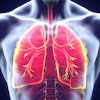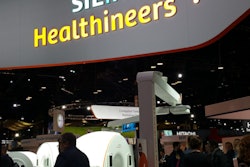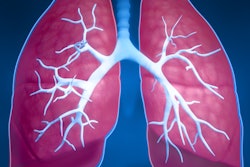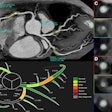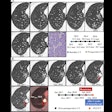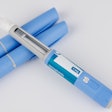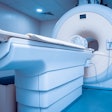Lung cancer testing technology developer ProLung said it expects to receive U.S. Food and Drug Administration (FDA) clearance this spring for its ProLung system, which combines bioconductance technology and predictive analytics for risk stratification of indeterminate lung nodules.
After a lung nodule has been found on a low-dose CT study, ProLung's volume-averaging bioconductance technology can assess the patient's risk for cancer by measuring bioconductance in the chest; malignant and benign lung tissue have different levels of conductivity, according to the firm. The results from the test are then analyzed to produce a personalized predictive score for the likelihood that a particular lung lesion is malignant. ProLung believes its system will be able to boost five-year lung cancer survival rates by three- to fivefold, thanks to its ability to help patients with malignant nodules receive biopsy and treatment sooner.
What's more, patients with benign lesions will not receive unnecessary follow-up CT studies; avoiding one such CT scan could pay for three or four ProLung kits, which will have an estimated sales price of $400 each, the firm said. Already approved for use in the U.K., the ProLung test has been evaluated in the U.S. at lung cancer centers such as the University of California, Los Angeles Jonsson Comprehensive Cancer Center; MD Anderson Cancer Center in Houston; Beth Israel Deaconess Medical Center in Boston; and Huntsman Cancer Institute in Salt Lake City.


